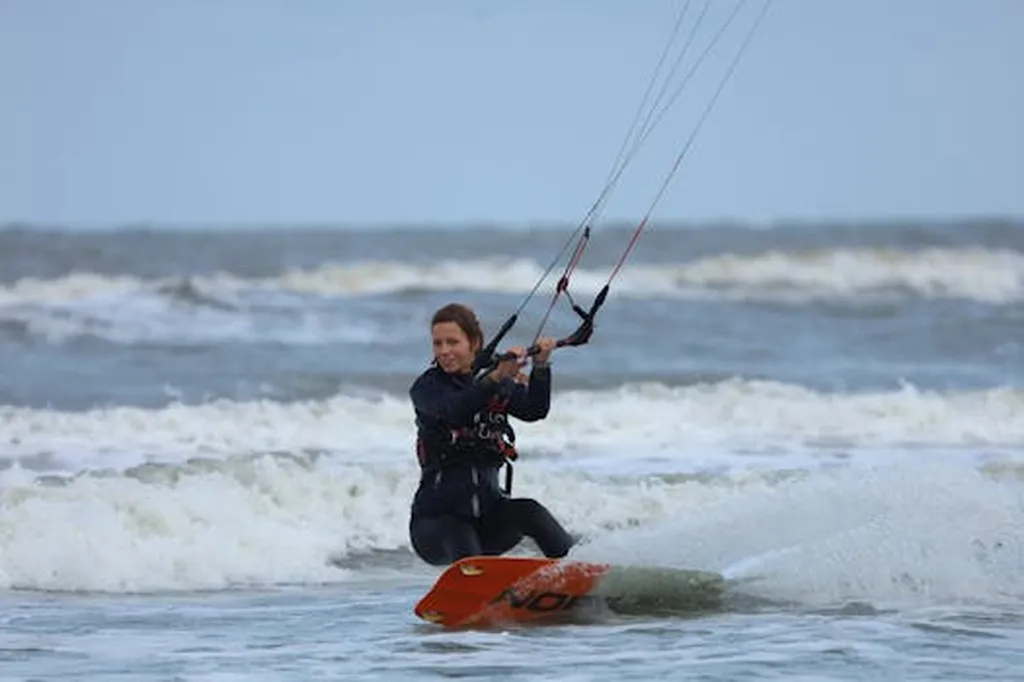In the ever-evolving landscape of renewable energy, a groundbreaking development has emerged from the LGEB Laboratory at the University Mohamed Khider in Biskra, Algeria. Lead author Fella Boucetta and her team have introduced a novel fractional-order fuzzy logic controller (FOFLC) designed to optimize the performance of stand-alone doubly fed induction generator (DFIG) systems in wind energy applications. This innovation, published in the journal *Scientific Reports*, promises to revolutionize the way we harness and control wind power, offering significant improvements over conventional methods.
Traditional fuzzy logic controllers (FLCs) and proportional-integral (PI) controllers have long been the backbone of wind energy systems. However, they come with inherent limitations, particularly in handling the complex, nonlinear dynamics of stand-alone systems. Boucetta’s FOFLC integrates the advanced principles of fractional-order (FO) calculus with fuzzy logic, creating a controller that enhances system precision, adaptability, and interpretability.
“The FOFLC’s dual-mode architecture allows it to operate seamlessly as either a traditional FLC or a fractional-order FOFLC controller,” explains Boucetta. “This versatility enables independent tuning of fractional parameters, optimizing the system’s response to transients, steady-state errors, and disturbances.”
The implications for the energy sector are profound. In experimental tests conducted on a 3-kW DFIG test bench using the dSPACE-1104 platform, the FOFLC demonstrated superior performance compared to conventional PI controllers. It achieved an 80% reduction in response time, eliminated voltage overshoot and undershoot, and reduced stator power and torque ripples by over 46%. Additionally, it decreased the total harmonic distortion (THD) of both stator voltage and current by more than 50%.
These results highlight the FOFLC’s potential as a robust and adaptive control solution for stand-alone renewable energy systems. By ensuring high-quality power output and reliable operation, this innovation could significantly enhance the efficiency and reliability of wind energy systems, making them more competitive in the commercial energy market.
As the world continues to shift towards renewable energy sources, advancements like the FOFLC are crucial. They not only improve the performance of existing systems but also pave the way for future developments in the field. Boucetta’s research offers a glimpse into the future of wind energy control, where precision, adaptability, and efficiency are paramount.
In the words of Boucetta, “This research confirms the FOFLC’s potential as a robust and adaptive control solution for stand-alone renewable energy systems, ensuring high-quality power output and reliable operation.” With such promising results, the energy sector can look forward to a future where wind power is more efficient, reliable, and competitive than ever before.

